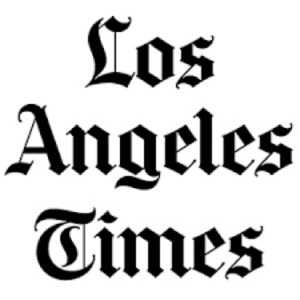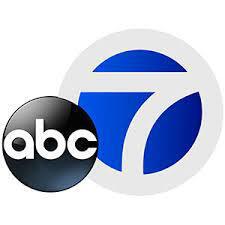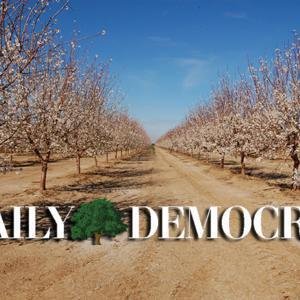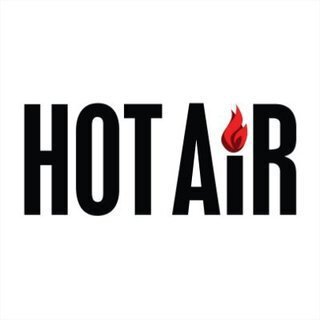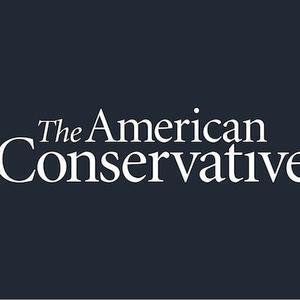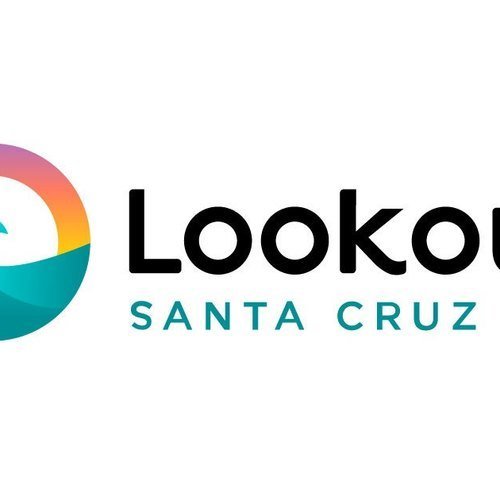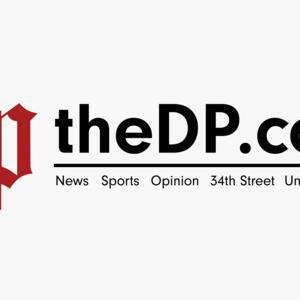- The Trump administration has revoked visas for international students at multiple U.S. universities, including Stanford, Harvard, the University of Massachusetts, numerous University of California campuses and the University of Colorado. Universities discovered the revocations through routine checks of the Department of Homeland Security’s SEVIS database.
- Secretary of State Marco Rubio also announced the revocation of visas for South Sudanese passport holders, citing its government’s failure to accept repatriated citizens.
- While no specific reasons were provided for the visa terminations, Rubio emphasized the administration’s stance against international students disrupting U.S. campuses.
Full Story
The Trump administration has revoked more visas for international students at several higher education institutions across the country.
Officials at all of the universities stated that the federal government did not notify them about the visa revocations. Instead, the universities discovered the changes by checking the Department of Homeland Security’s Student and Exchange Visitor Information System (SEVIS). The system allows schools to verify the immigration status of their international students.
At Stanford University, visas for four students and two recent graduates were revoked. The university said it learned about the revocations during a routine check of the database.
“Stanford notified the students of the revocations and made external legal assistance available to them,” the school said in a statement, adding, “We are not currently aware of the details of the revocations or the reasons for them.”
Seventeen current and former international students from Harvard University, the University of Massachusetts at Boston and the University of Massachusetts at Amherst also had their visas revoked.
Over the past week, Harvard confirmed it had learned of the revocations “during a routine records review.”
Javier Reyes, the chancellor of the University of Massachusetts at Amherst, issued a statement late Friday night, April 4. He said, in part, “In the past, students’ legal statuses in the United States were not immediately canceled due to a revoked visa. Under the new administration, in some cases, student statuses are being revoked within hours of the visa’s revocation.”
The University of California also announced F-1 visa revocations for seven students and five recent graduates within its system.
“Federal agents have not entered our campus, and they have not placed any member of our community in custody,” a press release from the school states. “The federal government has not explained the reasons behind these terminations.”
One week ago, the University of Colorado also made similar announcements. Officials there said the Department of Homeland Security revoked F-1 visas for four international students on two of its campuses.
“At CU, we are focused on supporting the success of all of our students, including international students,” a statement from the university reads in part. “Each one of our students is seeking to advance their careers and the lives of their families, and we understand the anxieties that visa revocations cause to impacted students.”
Over the weekend, Secretary of State Marco Rubio announced on X that he is revoking all visas held by South Sudanese passport holders, “effective immediately, due to the failure of South Sudan’s transitional government to accept the return of its repatriated citizens in a timely manner.”
Rubio also stated that the U.S. Department of Homeland Security is restricting any further issuance of visas for South Sudanese citizens to prevent entry into the U.S.
Less than two weeks ago, Rubio said the Trump administration had revoked more than 300 student visas. While on a trip to Guyana, Rubio addressed the administration’s decision to take away student visas:
“We gave you a visa to come and study and get a degree, not to become a social activist that tears up our university campuses. And if we’ve given you a visa, and then you decide to do that, we’re going to take it away. I encourage every country to do that, by the way, because I think it’s crazy to invite students into your country that are coming onto your campus and destabilizing it. We’re just not going to have it. So, we’ll revoke your visa, and once your visa is revoked, you’re illegally in the country, and you have to leave. Every country in the world has a right to decide who comes in as a visitor and who doesn’t.”
All of the universities said they were unsure why their current or former students had their visas revoked. The federal government did not provide specifics.

